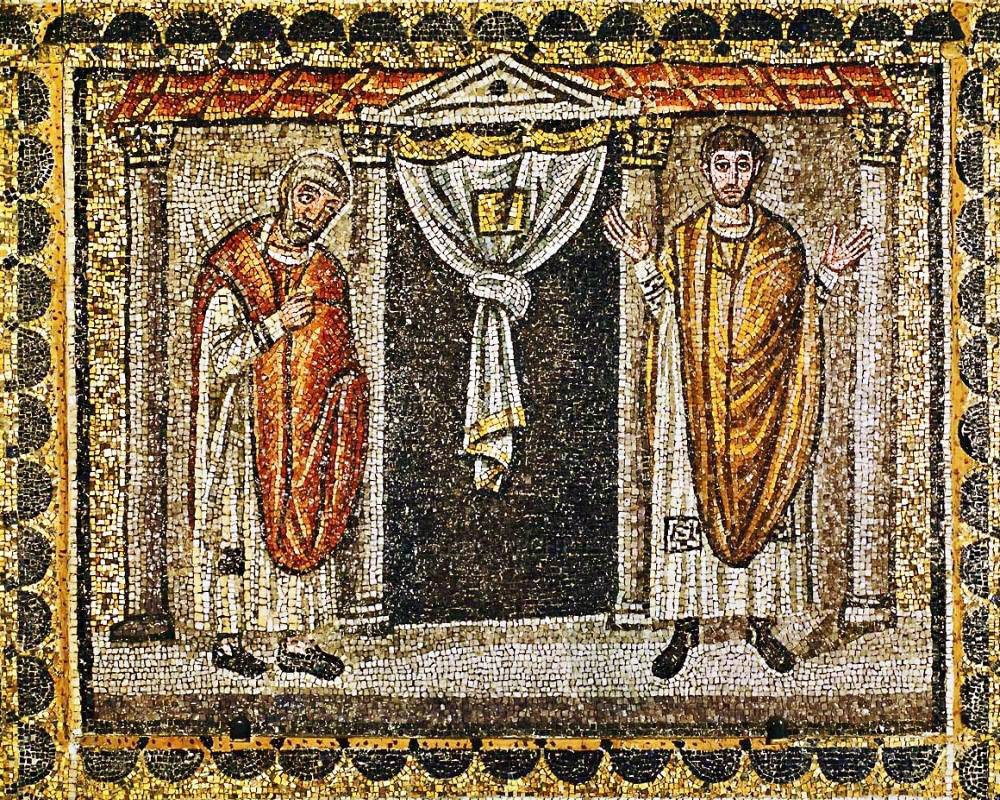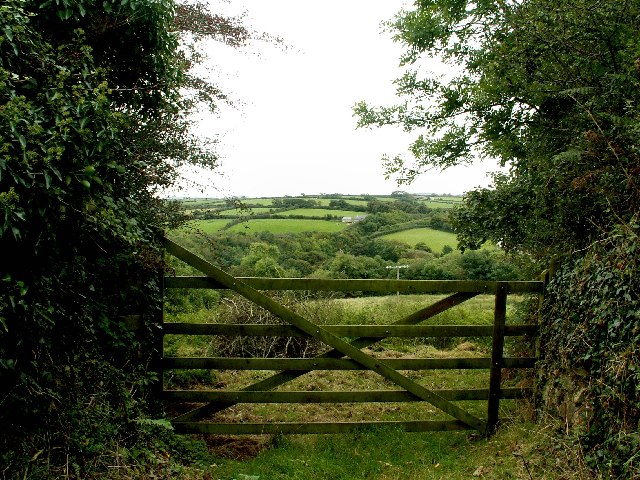“I am the way, the truth, and the life. No one comes to the Father except through
me.”
This
is one of those gospel verses that seems to give Christians an exclusive
privilege, like, I don’t know, the right to issue religious ultimatums. It’s a passage often read at funeral
services, to give hope to the grieving, so it’s strange when you hear, as I did
not long ago, a preacher use it to harangue a crowd of mourners, warning them against
being insufficiently convinced of the exclusive privilege of the Christian, and
thus disqualified from joining their departed loved one in heaven. And when you do hear something like that, it
makes you wonder--what did the author of the Gospel had in mind?
I
took the opportunity this week to really dig into this scripture, more than I
have before, and so I packed a little more Bible interpretation into my sermon
today than usual—I hope you won’t mind.
I’m not going to cite verse numbers, but if you want to keep your
lectionary insert handy, and refer to the gospel lesson once in a while as I’m
preaching, I won’t be offended. And I’m
going to go back a little bit into the 13th Chapter of John, so if
you’re so inclined and want to pull one of those black bibles out of the pew
rack, go head.
Because
the most important thing I think we can do with a scripture like this is to put
it into context. In the story of the
Gospel of John, Jesus speaks these words after supper on the night before the
day of preparation for the Passover, after he had washed his disciples’ feet,
after his betrayer had left the table and gone out into the night, after he had
predicted that Peter would deny him three times. And Thomas, that tactless disciple, asks him a
question about how and where to follow him, now that he was about to die.
And
our reading today begins with Jesus telling his disciples that it’s going to be
okay—“do not let your hearts be troubled.”
It’s going to be okay because his death will not mean the end of their
relationship. And it will not mean that the
knowledge of God that they have received through him will be lost. In fact, that relationship, and that
knowledge, are about to shift into a higher gear. Because Jesus is going away, but he is going
to the one he calls “my Father”, to be in an even more intimate and equal relationship
with God.
And
this will change the way that the disciples relate to Jesus, but it also will
be a change toward greater equality and intimacy. He has already shown them this change, that very
evening, by getting down on his knees and washing their feet. And when he finished inaugurating their new
relationship of intimacy and equality with him, he told them that this was now
how they were to relate to each other: “Where I am going” he said “you cannot
come. I give you a new commandment, that
you love one another. Just as I have
loved you, you should love one another.”
I
don’t think we can over-emphasize the importance of the connection between this
commandment and the scripture we are talking about today. Before Jesus promised to go and prepare a
place for us in the house of his Father; before he promised to come back for
us, he told us that we cannot come where he is going. Because we still have work to do. We have a commandment to obey. That’s why when Philip follows up on Thomas’
question by saying, “Show us the Father, and we will be satisfied,” Jesus gets
a little testy: “Have I been with you all this time, Philip, and you still do
not know me?” Because “No one comes to
the Father except through me,” is not permission for us to be satisfied. It is a reminder that we have seen all we
need to see, in order to believe in Jesus and get to work. We already know all we need to know, to keep his
commandment, and love as he loves—that is
how you come to the Father.
But
don’t take my word for it; look at the Gospel, where Jesus goes on to talk
about works. “The words that I say to
you I do not speak on my own, but The Father who dwells in me does his works. Believe me that I am in the Father and the
Father is in me; but if you do not, then believe me because of the works
themselves.” It is the works of Jesus,
even more than his words, that show us the Father in the Son. And the greatest of his works is the one he is
about to do as he speaks these words, which is the work of the cross.
It
is on the cross that Jesus manifests most clearly and unmistakably the love of
the Father, love so great that he gave his only Son to an uncomprehending world,
to the end that all who believe in him should have eternal life. The way that leads to the Father is the way of
the cross. The truth that Jesus is, is
the truth that Pilate scorned when he said, “What is truth?” Eternal life is the life of the Good
Shepherd, laid down for his sheep. It is
this kind of love that Jesus commands us to have for one another. No one comes to the Father any other way.
So
now that we’ve seen the context of this saying, we understand. Jesus has not given us an exclusive
privilege, but an all-embracing responsibility.
Because it is our love that shows the way, the truth, and the life to
those whom the Father loves in the world today: so that they might see his
glory; so that they might believe that we were sent, as the Father sent the
Son, and believing, have eternal life in his name. Now for many in the world today these are
just words, empty of any meaning. But works—works
they might just believe.
“Very
truly, I tell you,” says Jesus, “the one who believes in me will also do the
works that I do and, in fact, will do greater works than these, because I am
going to the Father.” And we say to
ourselves, “What?--You’ve got to be kidding!
Me…you…do the works of Jesus? Do
greater works than Jesus? Greater than
changing water into wine? Greater than
giving sight to a man born blind?
Greater than raising Lazarus from the dead? Greater than dying on the cross?”
I guess
it all depends on what Jesus meant by greatness. Is it the power to work miracles, or command
armies? Is it charisma, or fame? Or is
Jesus talking about greatness of faith, greatness of hope, greatness of love? Maybe we can do works greater than his
because he, after all, was Jesus, and you and I are just you and me. Jesus was the only-begotten Son, who shared
his Father’s glory before the world was made; all we share are some old stories
in an old book, and some bread and wine and water. Jesus knew everything that was in the hearts
of men and women. All we know is that
the rent is due on the first of the month, and that some people are just hard
to love. All that the Father has he gave
to the Son. All we got is our own modest
gifts, precariously balanced against our deficits. That,
and the faith that Jesus is in the Father and will give us whatever we ask so
that we can do our works.
They
may not be spectacular: raising an autistic child, or tending to a failing
parent; planting a garden in waste ground, or organizing a rally for justice;
surviving an addiction, perhaps, or a bereavement, and helping a neighbor to do
the same; helping resettle a family of refugees from war. Often they are works we didn’t choose, and we
feel like Jesus at the wedding in Cana, when he said to his mother, “Woman, my
hour is not is come.” But it precisely
because we do them out of love, in obedience to Christ, with no power but the
strength that comes from God, in just the right measure at just the right time
to get us a little further along the way—just because of this, these works
manifest the very highest truth. They
are signs of the glory of Christ, and they point the way to the Father.



